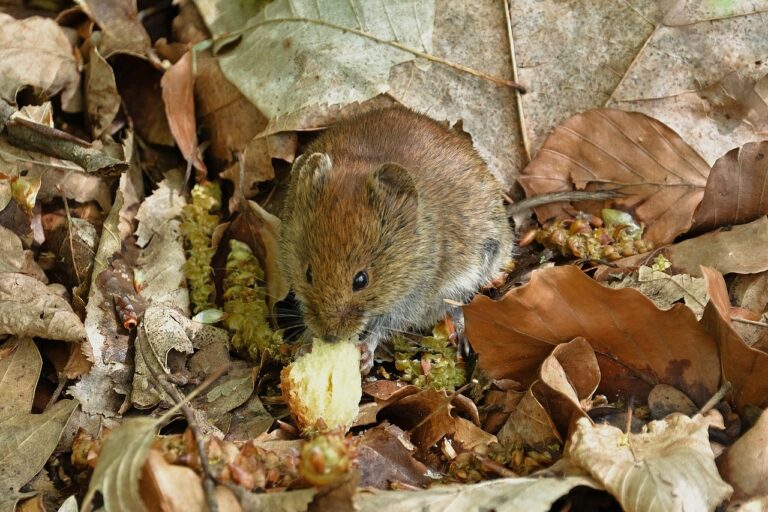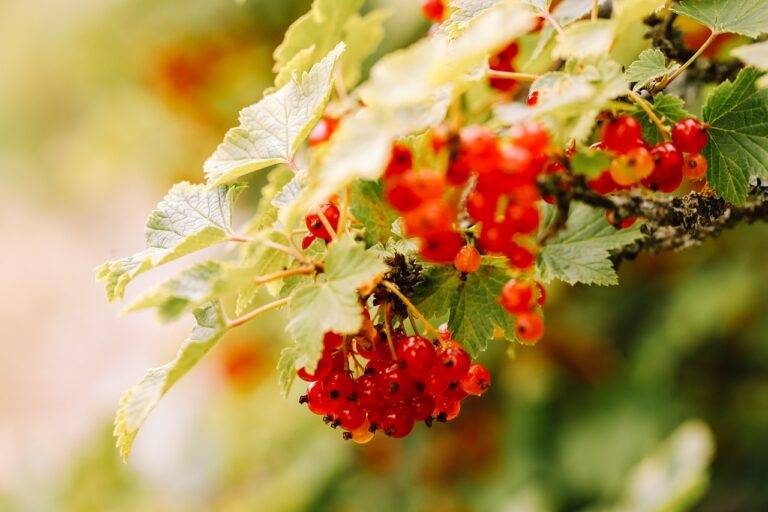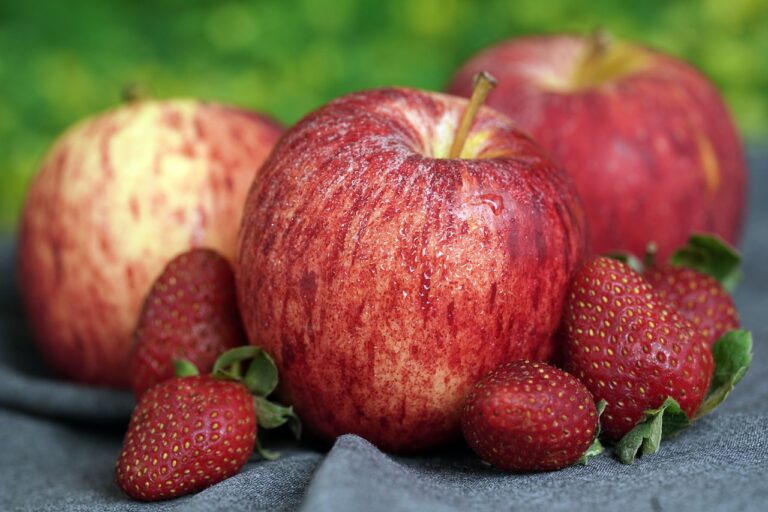The Future of Honey Production Technology: Lotusbook365 login, Play99exch com, All panel login
lotusbook365 login, play99exch com, all panel login: The future of honey production technology is shaping up to be an exciting one filled with innovation and advancements that have the potential to revolutionize the industry. With a growing demand for honey worldwide and the need to address challenges such as climate change and bee health, technology is playing a crucial role in improving honey production practices.
Advancements in beekeeping technology, hive monitoring systems, and honey harvesting equipment are all contributing to more efficient and sustainable honey production methods. From automated hive monitoring sensors to robotic honey extractors, these technologies are helping beekeepers better manage their hives and increase honey yields.
One of the key areas of focus in the future of honey production technology is the development of smart beehives. These high-tech hives are equipped with sensors that monitor various aspects of hive health, such as temperature, humidity, and bee activity. By collecting real-time data, beekeepers can quickly identify any issues and take proactive measures to ensure the health and well-being of their bees.
Another exciting development is the use of drones in honey production. Drones equipped with cameras and sensors can be used to survey large areas of land quickly and efficiently, allowing beekeepers to monitor bee populations, inspect hives, and even deliver pollen to remote locations. This technology is helping beekeepers save time and resources while improving overall productivity.
In addition to hive monitoring and drone technology, advancements in honey harvesting equipment are also making waves in the industry. Traditional honey extraction methods can be labor-intensive and time-consuming, but new automated honey extractors are streamlining the process and reducing the amount of manual labor required. These machines are designed to extract honey from the combs quickly and efficiently, allowing beekeepers to harvest more honey in less time.
As the demand for honey continues to grow, the future of honey production technology will undoubtedly focus on sustainability and environmental responsibility. Beekeepers are increasingly turning to organic and eco-friendly practices to ensure the long-term health of their bees and the ecosystems in which they operate. From using natural pest control methods to planting pollinator-friendly plants, beekeepers are committed to preserving the health of their bees and the environment.
Overall, the future of honey production technology is bright and promising. With advancements in hive monitoring, drone technology, and honey harvesting equipment, beekeepers are better equipped than ever to meet the growing demand for honey while maintaining sustainable and eco-friendly practices. As the industry continues to evolve, one thing is clear technology will play a crucial role in shaping the future of honey production.
—
FAQs
Q: How can technology help improve bee health and hive management?
A: Technology such as hive monitoring sensors can provide beekeepers with real-time data on hive conditions, allowing them to quickly identify any issues and take proactive measures to ensure the health of their bees. Additionally, drones can be used to inspect hives and monitor bee populations, helping beekeepers better manage their hives and address any health concerns.
Q: What are some of the challenges facing the honey production industry?
A: Some of the biggest challenges facing the honey production industry include climate change, pesticide use, and bee health issues such as colony collapse disorder. Technology is helping beekeepers address these challenges by providing them with tools and solutions to better manage their hives and ensure the health and well-being of their bees.
Q: How can beekeepers ensure the sustainability of their honey production practices?
A: Beekeepers can ensure the sustainability of their honey production practices by adopting organic and eco-friendly methods, using natural pest control techniques, and planting pollinator-friendly plants. By prioritizing sustainability and environmental responsibility, beekeepers can help preserve the health of their bees and the ecosystems in which they operate.







